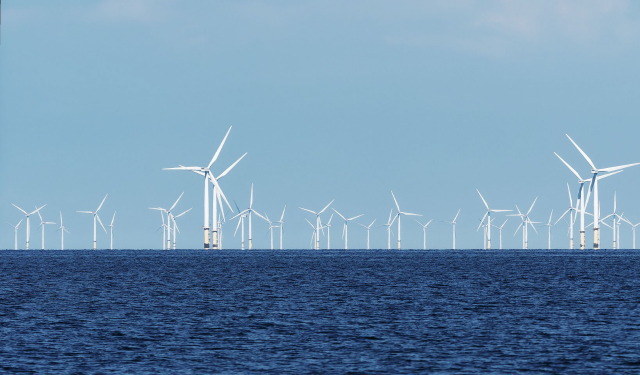Accelerating access to renewable energy in West Africa – Sierra Leone, Liberia, Chad, and Togo launch activities to increase the capacity of renewable energy connected to the grid. The new Regional Emergency Intervention Project in the Solar Energy Sector (RESPITE) has officially launched in Freetown to increase access to electricity for millions of current and potential consumers in Liberia, Sierra Leone, Chad and Togo. The $311 million regional project, supported by the World Bank and approved on December 20, 2022, with legal agreements signed today, aims to rapidly increase connected renewable energy capacity to the network and strengthen regional integration among participating countries. West Africa has one of the lowest electrification rates, with 220 million people living without access, and among the highest electricity costs in Sub-Saharan Africa. The rise in oil prices due to the war in Ukraine has increased the debt of electricity companies, and countries are facing a sharp electricity supply crisis that threatens their economic growth. Additionally, the region relies on oil-based power plants to meet growing demand, resulting in increasingly high rates for consumers and negative impacts on the environment.
“RESPITE: Revolutionizing Energy Supply and Access in West Africa”
“Energy is much more expensive for us today than it was 18 months ago. The very high and still rising prices continue to have a negative impact on other sectors of our economies,” said Sierra Leone President Julius Maada Bio, who presided over the official signing of funding agreements in the presence of official delegations from Liberia, Chad, Togo, the West Africa Power Pool (WAPP), the World Bank, and other key players. “This regional intervention is indispensable in the short term. Today, our countries are taking a bold step in the right direction. RESPITE is the start of a revolution in energy supply and access,” he added.
RESPITE will reduce greenhouse gas emissions by funding the installation and operation of about 106 megawatts of photovoltaic solar energy with batteries and storage systems, expanding 41 megawatts of hydro capacity, and supporting electricity distribution and transmission in the four countries. The project also includes a regional approach, providing $20 million to help the WAPP improve the potential of electricity trade in West Africa and facilitate knowledge sharing among ECOWAS member countries.
As noted by Bernard Hessou, Director of Planning, Investment Programming, and Environmental Safeguards at the WAPP: “RESPITE fully supports the WAPP in achieving its goals of expanding access for ECOWAS citizens to competitive and climate-friendly electricity supplies. It will help create opportunities to improve quality of life while providing additional support to the WAPP in preparing its priority projects and establishing a regional electricity market across ECOWAS countries.”
RESPITE offers a more sustainable and affordable solution for a cleaner energy sector and paves the way for an ambitious expansion of clean energy production in West Africa.
Accelerating access to renewable energy in West Africa








